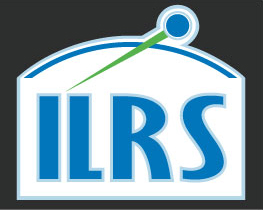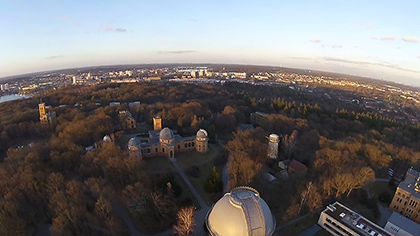Starting with overviews of achieved science results and mission support/future requirements, the meeting centered on SLR station interaction through discussions on focused topics to lead to conclusions and recommendations by the end of the Workshop. Topics included station operations, station systematics and quality control, system co-locations on the ground and in space, tracking strategies, etc. The intention was to have focused talks and then give sufficient time for in-depth discussions. Time was made available starting on October 8 for dedicated ILRS Standing Committee, Study Group, Governing Board, and other splinter meetings. In addition, local staff hosted informal tours of the Potsdam SLR system during the week for interested attendees.
The workshop once again included a station operations or "clinic" session where ILRS experts met in small groups of station engineers and operators to provide solutions to common station problems, information to maintain station stability, and guidelines for interacting with the analysts in determining station biases. These station clinics were well attended and received by workshop attendees.
The workshop program included over 80 oral presentations and over 60 posters. Each day began with an invited science talk highlighting SLR contributions in many areas. The Program section of this website includes links to all abstracts, presentations, and posters; the full program booklet is also available.
Topics for oral sessions
- Advances in laser ranging technology and new applications
- Co-locations and other intra- and inter-technique calibrations
- Strategies and priorities for laser ranging
- Understanding and addressing SLR station systematics
- Progress in laser ranging analysis
- Current trends in lunar ranging
- SLR tracking of space debris
- Automation of laser ranging systems
- Interplanetary ranging and time transfer
- Advances in retroreflector arrays and their modeling
Topics for poster sessions
- ILRS station posters
- ILRS mission posters
- Addendum posters to the oral sessions
- General topics in laser ranging




